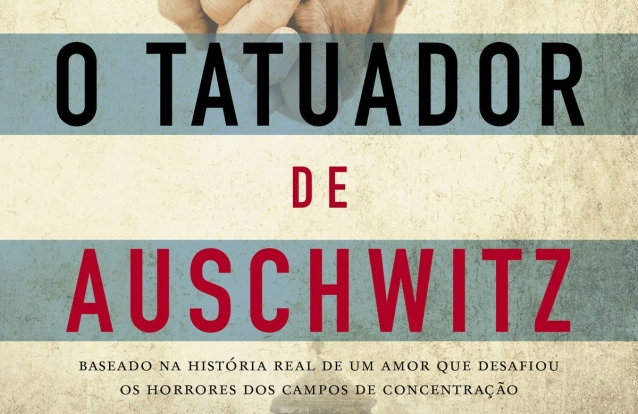"The song is a weapon!" wrote and sang José Mário Branco. More than music, all artistic expression can be that weapon. Books are no exception. Almost two centuries ago, said Edward Bulwer-Lytton, "the pen is mightier than the sword."
Years later, Mário Quintana added: “books don't change the world; books change people, people change the world.” This is the true power of a book, and like any weapon, in the wrong hands it can be a great danger.
Only recently has society legislated what can be available to children. A few years ago (not many), children in Portugal had free access to tobacco and alcohol. Even today, in some countries around the world, children have access to weapons, even semi-automatic weapons. The result is known to all and clearly visible on the covers of newspapers.
We are increasingly concerned with what we make available to children, to young people. With what can endanger their physical and moral integrity. There are age ratings for plays, films, fine arts exhibitions. However, in Portugal, there is no age classification for literature.
However, as with the other arts, a book is an incredible stimulus in the formation of a child. But it can also have devastating effects, with sometimes disastrous and traumatic consequences, leaving it hurt until adulthood.
The choice of reading usually falls on the person himself, healthily with the accompaniment of the parents, or whoever accompanies them in the process of growing up.
There were also programs to support reading encouragement, such as the creation of the School Libraries Network, investment in Municipal Libraries, the National Reading Plan or the National Reading Competition.
All intend to encourage healthy reading habits in young people, directing them to lists of recommended works, sharing suggestions from other young people, promoting books of the month, in short, a set of concerted strategies to help them read more and more. There is even the Plano Ler+ which, with the help of experts and specialists, defines suitable and essential works.
In this academic year of 2020/2021, the National Reading Competition maintains its initiatives. Once the first phase is completed, students selected in the school environment will now compete in the inter-municipal phase, focusing on a suitable and previously chosen work for each cycle of education.
For this stage, the Algarve region, through the Municipal Library of Tavira, chose for the 3rd cycle (students between 12 and 15 years old), “The Tattoo Artist of Auschwitz”, by Heather Morris.
Apart from the theme (commercially exploited to the full by major publishers these days) or the possible literary merit of the author, the literary form of the work is at stake. The subject is uncomfortable, of course, whether or not it was one of the darkest periods in human history. There is violence, sadness, misunderstanding, anger, revolt and a lot of death, macabre death. But there are different ways to convey the same subject, the same story.
It is not about the need to recount historical events, or to omit facts, but about the unnecessary detailed description of the terror experienced and told, in the “Tattoo Artist of Auschwitz”, in the first person.
The detailed description of events that actually took place within Birkenau and Auschwitz shocks any reader, but in the case of children it is purely inappropriate. This is an adult book. A book that should be considered inappropriate for children, especially for 12 year olds.
There are many books that address the Holocaust in order to move, impress and above all, make children well aware of the reality, the facts, the events that shook the world in their grandparents' time. Also because it is extremely important to transmit the historical legacy of what humanity was able to perform at its worst, so that this knowledge makes it possible to perceive the dangers of society and the need for permanent vigilance so that this never happens again .
But this will not be achieved through horror books. Open exposure to the details of violence can easily bring the flip side of the coin. It generally leads to a trivialization of violence itself, encouraging acts of disrespect for the other, without being aware of its impact, essentially when it comes to children.
If most 12-year-olds watch television series with age rating for over 18s (there were so many discussions about The Paper House or same The Game of Thrones), as they contain abundant scenes of explicit sex or gratuitous violence, the responsibility for these acts lies with the parents, who, for a number of reasons, which would lead to an extensive article, allow them to watch legally prohibited content.
This case is different. In this case, the selection is made by representatives of credible and competent institutions, who have expertise in the area, and who work every day to develop the stimulus for reading. They are, above all, entities in which we place the greatest trust for advice on reading and literary content. What led someone to propose this work?
Did anyone even think that, in the range of ages between 12 and 15, all students in the Algarve who wish to compete in the National Reading Competition have the emotional maturity to read this work?
Could it be that, at age 12, after reading “The Tattoo Artist of Auschwitz”, does any child want to read a book again?
Signed
Sara and Carlos, concerned parents
Help us to do the Sul Informação!
Contribute your donation so that we can continue to make your journal!
Click here to support us (Paypal)
Or use our IBAN PT50 0018 0003 38929600020 44



















Comments